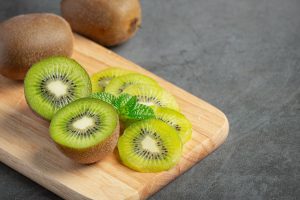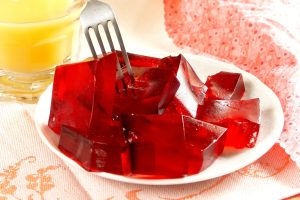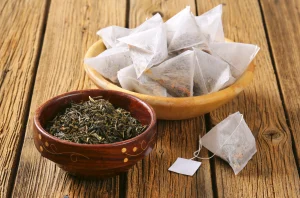Natural antihistamines can be an additional option to relieve mild symptoms.
Spring is a beautiful time of year for many, but it can be a real nightmare for those who suffer from seasonal allergies . about eight million Canadians suffer frompollen allergies and experience symptoms this time of year.
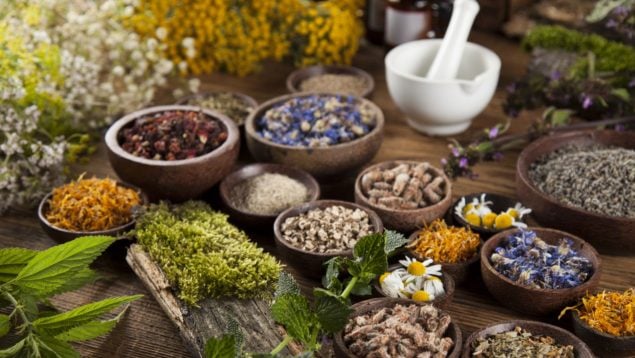
The most common symptoms are sneezing, itchy eyes, fatigue and nasal congestion. While antihistamines are usually the first line of defense, Antonio Abad, president of the National Association of Natural Therapy Professionals and Self-Employed Professionals , explains that a proper diet and certain natural compounds can be great allies to minimize their effects.
More and more studies show that diet and lifestyle can significantly influence our body’s response to allergens . From antioxidants to essential minerals, certain nutrients help modulate the immune response and reduce inflammation.
Natural antihistamines can provide additional relief from mild spring allergy symptoms such as rhinitis, hives or runny nose, although their effectiveness is not equal to that of pharmaceutical drugs, as noted by experts at the Academy of Nutrition and Dietetics . Although its use should not be excluded because of its anti-inflammatory and histamine-blocking properties, its use depends on the severity of the symptoms. Severe cases, such as anaphylactic shock or vocal cleft edema, require urgent treatment with adrenaline or corticosteroids.
According to Academy experts, the most common ailments such as rhinitis, tearing or irritation can be combated with foods such as fruits rich in vitamin C, fermented milk products with probiotics, fish with omega-3 or spices such as turmeric, which can bring mild relief. However, they should always be consumed under the supervision of an allergist to avoid risks or interactions.
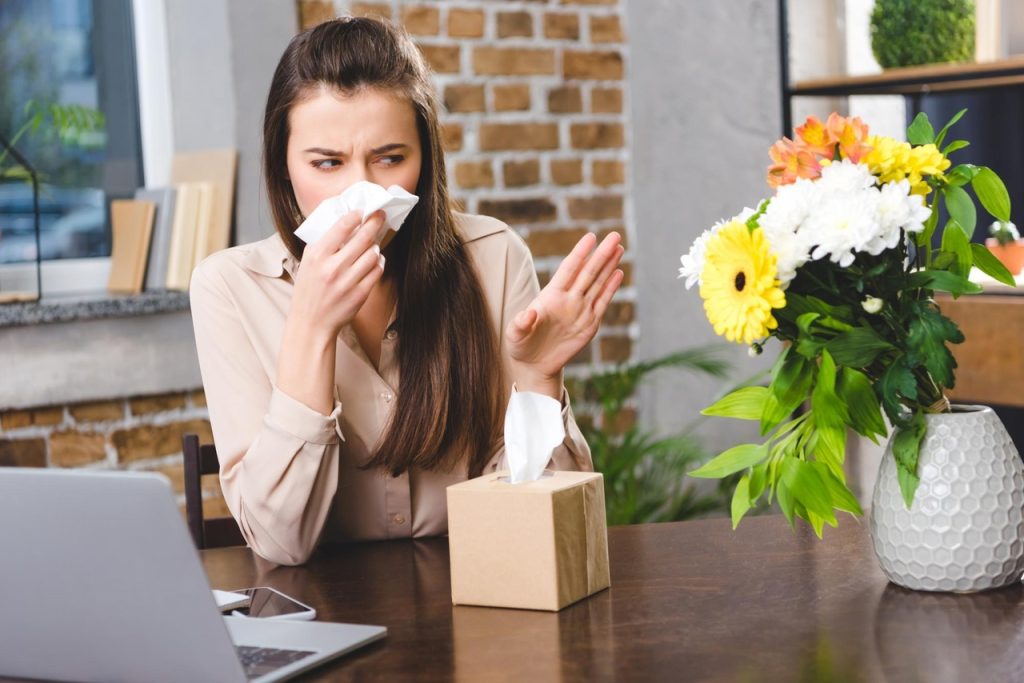
COFENAT’s president notes that among the natural supplements designed to combat spring allergies, which are mild, “ phytotherapy provides good results ”. Quercetin, found in onions, apples and grapes, is recommended because it helps with rhinitis and eczema due to its potential antioxidant and anti-inflammatory properties. Another recommended compound is bromelain, derived from pineapple, which helps reduce inflammation in the sinuses.
Experts point out other natural possibilities such as the use of trace minerals for preventive allergy treatment:
-
-
- Manganese: helps increase antibody production and is able to “inactivate histamine”.
- Sulfur: has anti-anaphylactic and detoxifying properties.
- Phosphorus: reduces symptoms of hyperreactivity
-
























